North Atlantic Right Whale – Amazing Canadian Wildlife
These extremely rare whales spend the summer in Canadian waters.
Once much more common, there are only about 500 of them left on Earth.
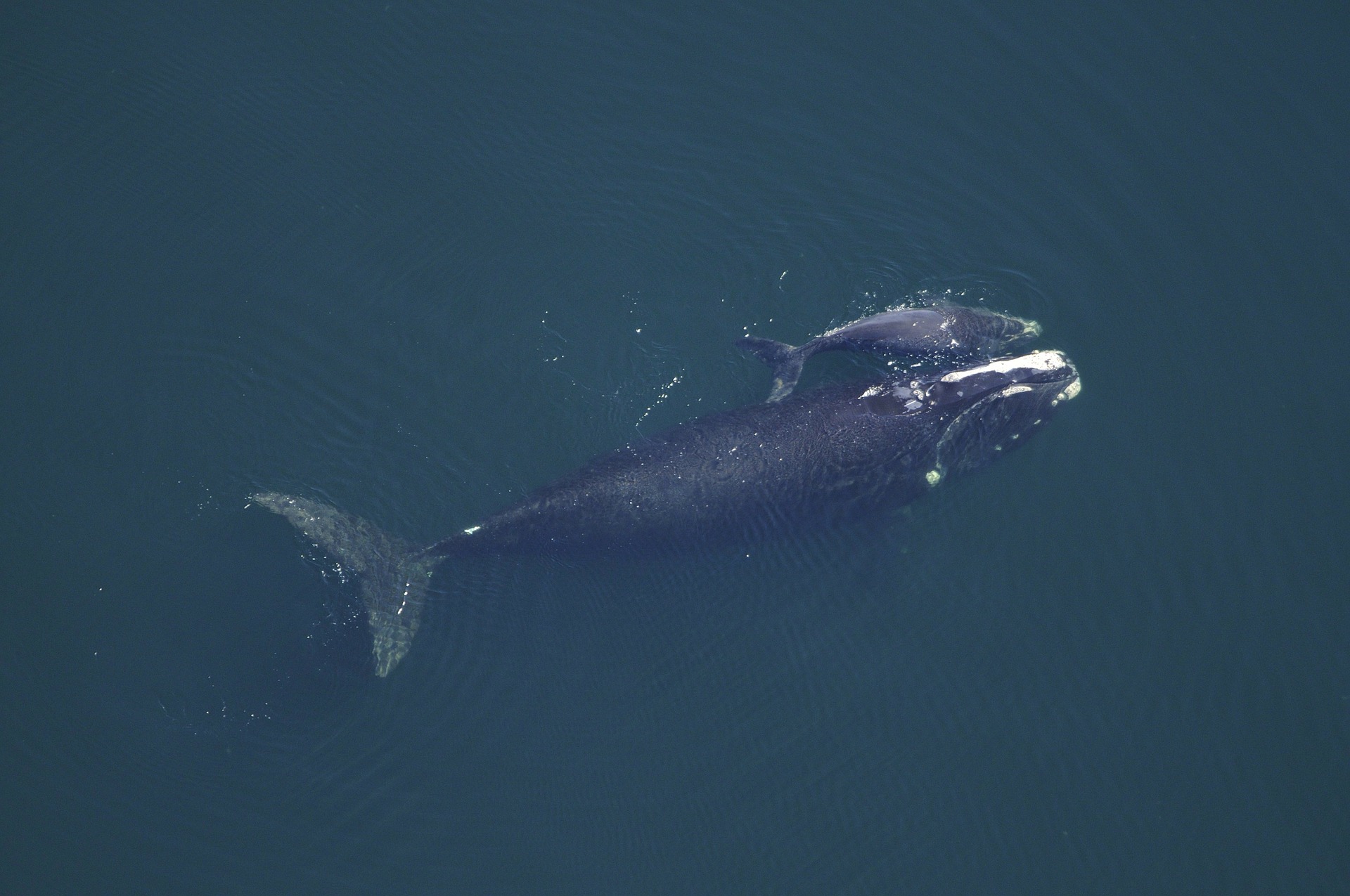
These extremely rare whales spend the summer in Canadian waters.
Once much more common, there are only about 500 of them left on Earth.
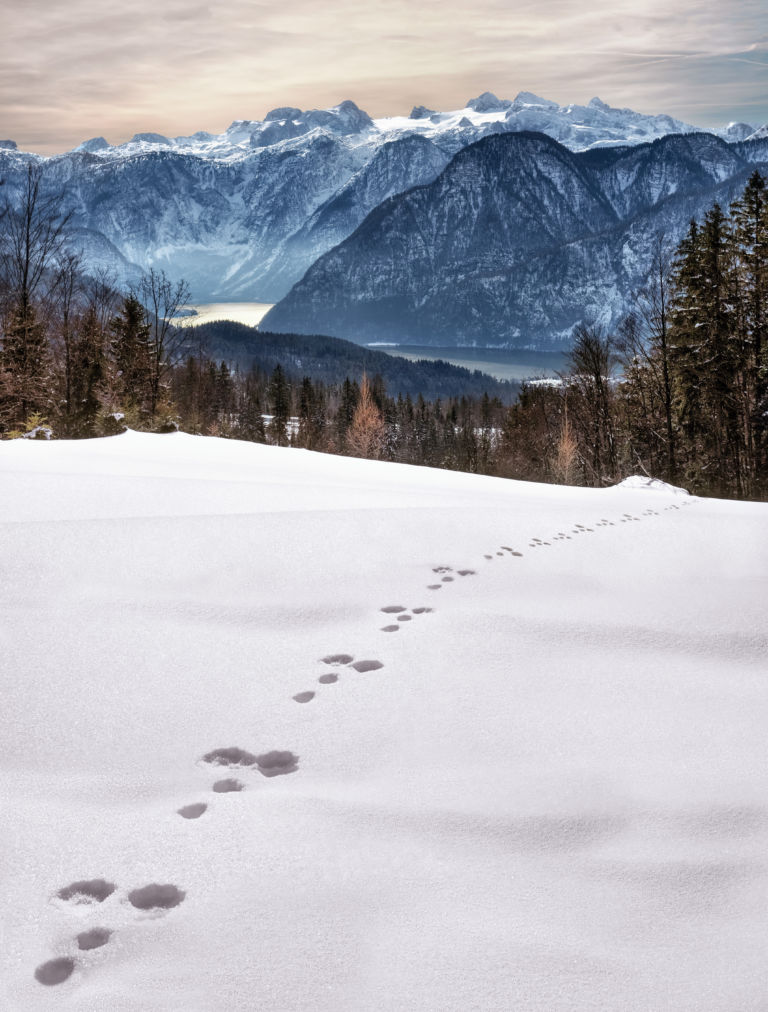
Looking at animal tracks gives children a chance to observe, question, and think critically about what they see. Tracks present a mystery which piques curiosity and begs an answer. Looking for animal tracks is a great opportunity to turn off the devices and enjoy the outdoors while combining science and geography with investigation and inquiry….
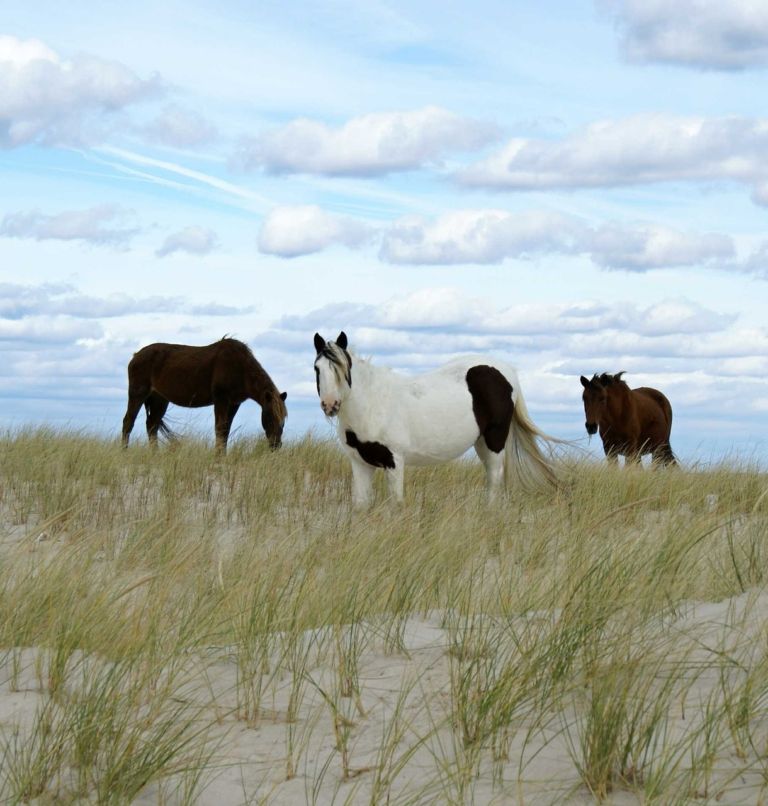
Prepare to embark on an adventure with Rick Mercer to a truly extraordinary corner of Canada: Sable Island. Imagine a slender crescent of sand, perpetually reshaped by the relentless forces of the Atlantic, lying far out at sea. This is no ordinary beach; it’s a dynamic ecosystem unlike any other, teeming with life and steeped…
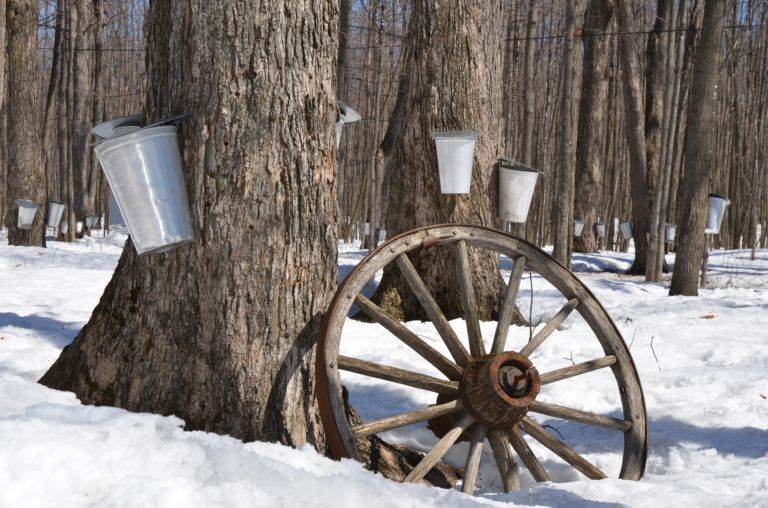
March is the month the maple syrup flows. Canada is known for our maple syrup-gifted to us from our First Peoples! Join the Quad Squad as they visit a farm in Ontario to see how maple syrup is made.A family of Attikamek First Nations show a French Canadian family how to harvest the syrup of…
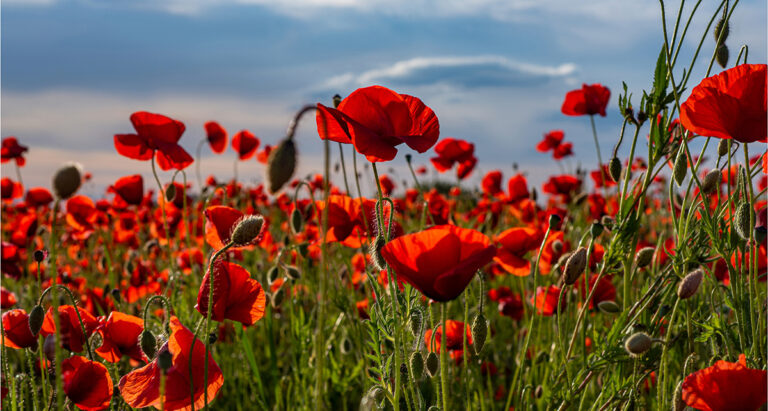
For I am convinced that neither death nor life, neither angels nor demons, neither the present nor the future, nor any powers, neither height nor depth, nor anything else in all creation, will be able to separate us from the love of God that is in Christ Jesus our Lord. Romans 8:38-39 Remembrance Day is the day we remember…
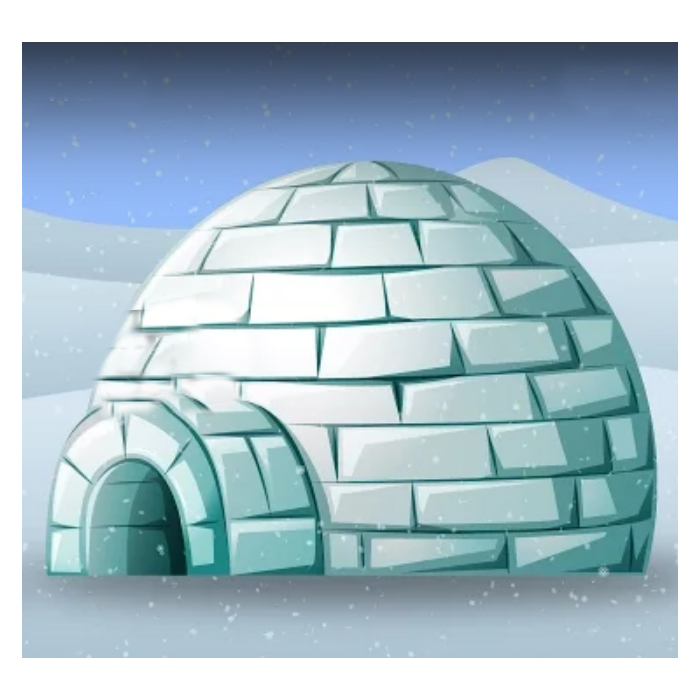
The igloo is a simple, yet complex structure recognized around the world. It has been decades since igloos were a common form of housing for the Inuit, but it’s still an iconic symbol for Canada’s northern people and for all Canadians. How does a house made of snow keep anyone warm, especially when it’s –40°…
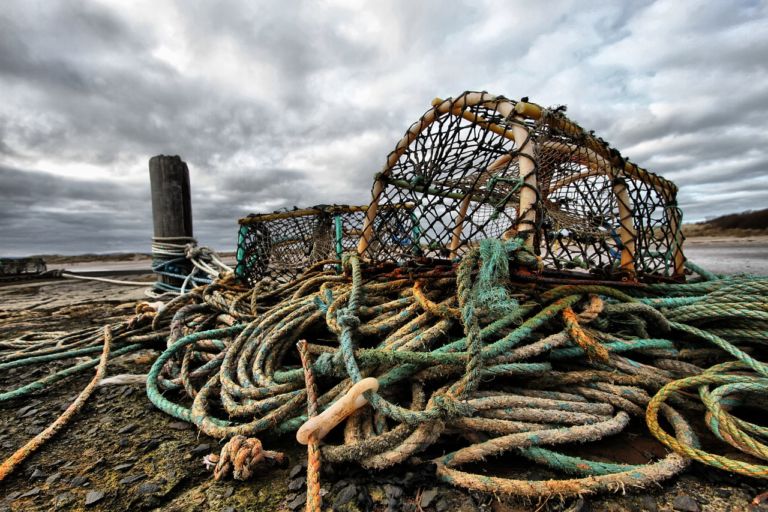
The North American Lobster may be an item on a fancy menu, it is, first and foremost, an important wildlife species to our Atlantic coast’s ecology. Dive in, and discover this fascinating animal! In the mid-1880s – only ten years after the lobster boom began – overfishing drove the stocks to dangerously low levels. The…
Lyrics in French (Canadian dialect):
Quand on part des chanquiers
Mes chers amis tous le coeur gai
Pour aller voir tous nos parents
Mes chers amis le coeur content.
Envoyons d’l’avant nos gens
Envoyons d’l’avant!
Mais qu’nos amis nous voyent arriver
Y vont s’mettr’ à rire, à chanter.
Dimanche au soir à la veillée
Nous irons voir nos compagnées.
Dimanche au soir à la veillée
Nous irons voir nos compagnées.
Elles vont nous dire mais en entrant
V’là mon amant, j’ai l’coeur content!
Elles vont nous dire mais en entrant
V’là mon amant, j’ai l’coeur content!
Et au milieu de la veillée
Elles vont nous parler d’leus cavaliers.
Et au milieu de la veillée
Elles vont nous parler d’leurs cavaliers.
Elles vont nous dire mais en partant
As-tu fréquenté des amants?
Elles vont nous dire mais en partant
As-tu fréquenté des amants?
Qui a composé la chanson?
C’est Jos Blanchet le joli garçon!
English translation:
When we leave the chanquiers (woodworking locations)
My dear friends, all with hearts gay,
To see all our friends and family,
My dear friends, all with hearts gay,
Let’s go boys, let’s go!
Let’s go boys, let’s go!
When our friends will see us arrive,
They start laughing and singing,
Sunday night at the vigil,
We’ll go see our partners,
Sunday night at the vigil,
We’ll go see our partners,
They’ll tell us as we enter,
Here’s my lover, my heart is happy,
They’ll tell us as we enter,
Here’s my lover, my heart is happy,
And at the middle of the vigil,
They’ll tell us of their lovers,
And at the middle of the vigil,
They’ll tell us of their lovers,
And they’ll ask us as we leave,
Did you go see any mistresses?
And they’ll ask us as we leave,
Did you go see any mistresses?
Who wrote the song?
It was Jo Blanchet, the pretty boy
You can see how this popup was set up in our step-by-step guide: https://wppopupmaker.com/guides/auto-opening-announcement-popups/